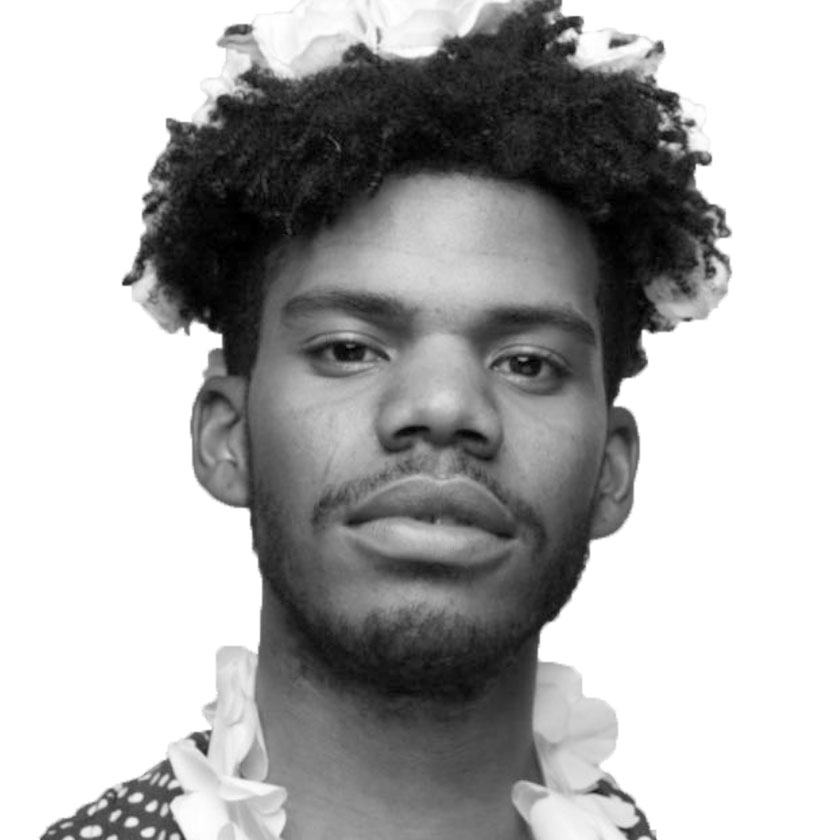Despite finally hanging up the shield in 2019’s Avengers: Endgame, Chris Evans appears to be fully committing to the whole Captain America bit.
On Monday, as the world reckoned with the fallout of a sudden (and disastrous) U.S. evacuation from Afghanistan, Evans’ “video-based engagement platform,” A Starting Point, announced that oh Captain our Captain—alongside actor/filmmaker Mark Kassen and entrepreneur Joe Kiani—is producing a six-part series on U.S. foreign policy in the Middle East and Northern Africa called Influence and Power in the Middle East, set to debut Aug. 30.
The guest list is as stacked as a saltine sleeve—featuring prominent U.S. statespeople like former ambassador to Yemen Barbara Bodine, retired Lt. General Keith Kellogg, and former National Security Adviser John Bolton—and the Twitterverse immediately erupted into calls for more representation of people who were directly affected by the actions of those very politicians. Add former CIA operative and Republican Rep. Will Hurd of Texas to the mix, and it’s very easy to understand why layfolk and pundits alike are rolling their eyes.
Part of the reason Evans has drawn the ire of viewers is that he’s comported himself as someone who is, at least ostensibly, on the side of the oppressed. He was celebrated for his social media solidarity with Black Lives Matter against police brutality just last year; he rather famously called the Presidential Pumpkin a racist in 2019—which, we all know, is so very difficult to do in a racially charged climate—and offered even more explosive tweets against the homophobic “Straight Pride” parade in Boston in the same year, demanding the straights take a moment for empathy and growth. But the rumbles of self-righteous “good boyhood” began to reverberate when, along with his partners, Evans launched A Starting Point in order to hear “both sides” of hot-button geopolitical topics. And the guest list for Influence and Power in the Middle East has already proven this to be, in a multitude of ways, not the case.
“You know the rule that says: ‘You know nothing about me without me’?” Professor Sahar Khamis of the University of Maryland’s communications department and a scholar at the Middle East Institute tells The Daily Beast. “That rule has never applied to the people coming from my part of the world—from the Middle East and North Africa, from the Arab world and the Muslim world.”
That erasure, of course, directly affects the ways Americans and the Western world not only perceive the conditions in those places, but obscures the root causes of political and economic difficulty that may exist there. “You end up with someone thinking that someone in your country—I’m from Cairo, Egypt—that women in your country aren’t allowed to work or they’re not driving, but they’re conflating the ban on driving in Saudi Arabia (which has since been lifted) with a country like Egypt, where women have been driving for decades,” Khamis says.
According to Khamis, the truth is that when it comes to U.S. foreign policy, just about every American politician follows the same script: military invasion, resource extraction, and political destabilization. “My first reaction to this guest list was, oh my god, not again,” she says with a laugh. “We have these white Western ‘experts’ who are going to give you all these ideas about what happened in this part of the world and why the U.S. had to do this and that, which are truly unjustifiable actions that have very grave, negative consequences on this part of the world and the people in it.”
Those consequences range from wars—the majority of the guest list, including Donald Trump’s one-time National Security Adviser Keith Kellogg, George W. Bush’s National Security Adviser Stephen Hadley and John Bolton, who served in both administrations, were instrumental in the multiple decades-long wars in Iraq and Afghanistan, and across the world—to drone strikes. “Most of them have very hawkish policies,” Khamis, who specializes in Arab and Muslim media, explains. “It’s not a secret that John Bolton, when it comes to the Middle East, has very hawkish politics. What about people who are against that policy, not just the experts or those who are coming from Washington, D.C., or New York but people from the region? People who are directly impacted by these policies the most?”
Khamis, co-author of the book Islam Dot Com: Contemporary Islamic Discourses in Cyberspace and host of a monthly radio show on U.S Arab Radio (the first Arab American radio broadcasting station of its kind in the U.S. and Canada), speaks to the inherent contradictions of A Starting Point’s both-sidesism.
“[When we’re] speaking domestically, it’s Democrats and Republicans. When you’re watching CNN or Fox News, it seems like you’re watching from two different perspectives because there’s a high degree of polarization. But that’s not enough. There are other sides of the story that aren’t being accounted for and that really bothers me as an American, Arab, Egyptian, Muslim woman. I don’t see people who look like me in American media or TV, and it’s a shame.”
But the solution here isn’t necessarily tokenism—not just a single talking head—but a multitude of voices representing the cultural differences in the region, she says. “We have to be careful with tokenism as well. We have to ask whether we’re really paying attention to these people or are we just trying to fill some holes and gaps to just give the impression that you’re really listening to them?”
It’s not just that A Starting Point enlisted an all-American cast, it’s how this splashy video series is feigning that a real discourse is happening, when the people caught in the middle of the conversation, in all of their wondrous differences, contradictions, and cultures, are nowhere to be found.


